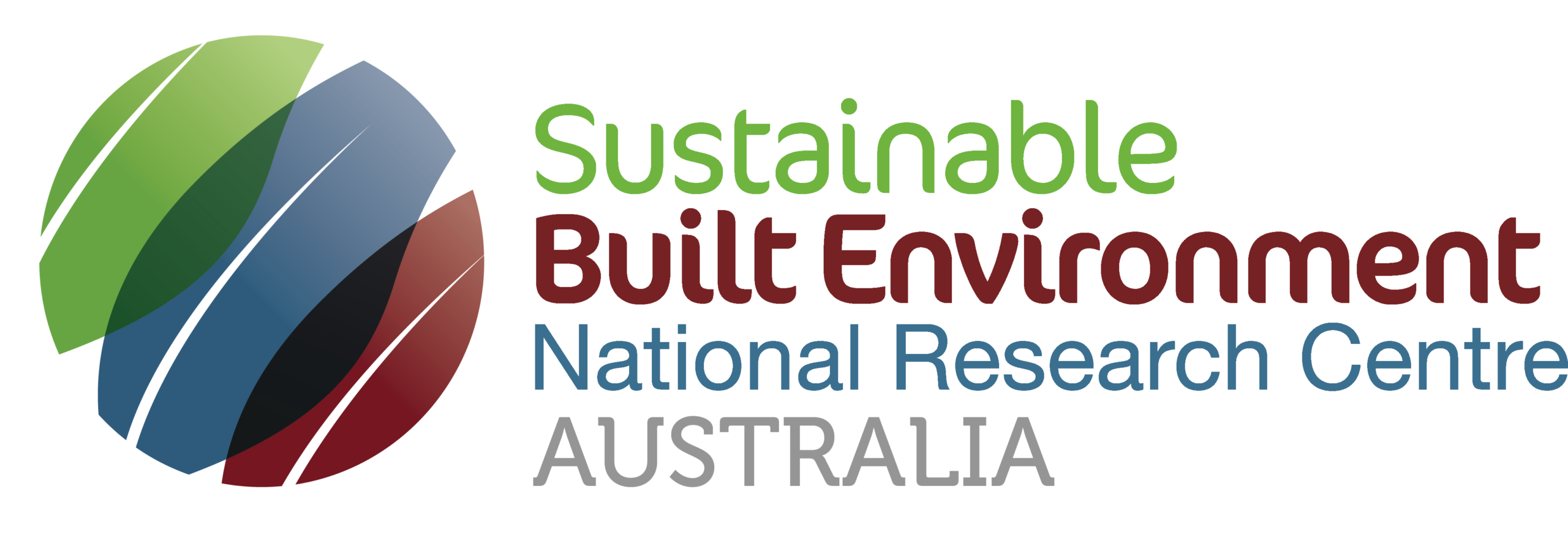 SBEnrc News | November 2020As the world has continued to face the multiple challenges brought about by the COVID-19 pandemic, we have remained focussed on working with our partners to deliver real-world outcomes for industry. Our connections remain just as strong, albeit online rather than face-to-face, but our interaction via platforms such as Zoom, Microsoft Teams, Webex, and the like have not seriously impacted our ability to connect and work together. Indeed, we believe these technologies will enhance our global connectivity in a post-COVID world and lead to fresh collaborations where once they may have been considered impossible.
Project Feature: Sustainable Procurement Our community has increasing expectations of government and private industry to support sustainable products and practices. There is also great interest shown by industry to reduce waste and emissions, and improve social outcomes. A significant barrier to achieving these goals is the complexity of identifying products and services that genuinely support sustainable development goals, while representing value-for-money. Driven by industry’s desire to modify behaviours that contribute to unsustainable practices, SBEnrc has kicked off the Sustainable Procurement project as part of our latest round of research. It is dedicated to examining key issues across the procurement life cycle and focusses on finding practical ways to improve environmental, social, and economic sustainability outcomes in the housing, building and infrastructure sectors in Australia. The project will generate practical tools and approaches that can be easily implemented by industry organisations to improve the sustainability of their supply chain. Target outcomes include:
Case studies will be conducted in selected sustainability themes such as green concrete, recycled content (beyond concrete material), the Modern Slavery Act, regional participation, and marginalised groups. While it was scoped prior to the onset of the current pandemic, the project has been tweaked and will have important implications in a post COVID-19 setting. This research – like much of our work – is well positioned to address industry challenges of recovery and stimulus in a post-pandemic world. By enhancing the traceability and transparency of supply chain management, this work will help to reinforce the path towards the UN’s Sustainable Development Goals, setting new industry standards in sustainable practices. For the full version of this article and more details on the project, please visit the SBEnrc website.
Linking Industry through Global Networks A key benefit of involvement with SBEnrc is leveraging global networks of industry and research specialists to keep up with latest developments and best practices in the built environment sector. We have a long and valued connection with the International Council for Research and Innovation in Building and Construction (CIB), the global network for international exchange and cooperation in building and construction research and innovation.
The CIB is made up of over 3,000 experts from 300 member organisations in 65 countries. As their work and the organisation evolves, the acronym ‘CIB’ is increasingly coming to stand for ‘Collaboration for Innovation in the Built environment’. The CIB now has over 40 groups investigating the big challenges of our era and beyond, with their research falling under three main areas: Sustainable Construction, Integrated Design and Delivery Systems, and Resilient Urbanisation.
The last year has seen a re-launch of the CIB, with SBEnrc playing a major role in this re-energising process. SBEnrc CEO Keith Hampson became CIB’s 25th President last year. The Chair of our Board, John V. McCarthy AO, FRICS, FAICD, FAPI, FREI previously served as CIB President from 2010-2013, and Keith’s appointment makes us the first organisation to have two serving Presidents in the CIB’s 70-year history. Long-term friend of the Centre Don Ward has been recruited from Constructing Excellence in the UK to serve as CEO. Keith and Don have been working with the rest of the Board, which includes Ron Wakefield from RMIT, to re-energise the organisation and build towards the World Building Congress in 2022.
The CIB has continued to remain active during the pandemic, with activities including:
For further information about CIB and their recent and upcoming activities, please visit the CIB website or contact the CIB secretariat Team.
Industry Leaders Driving Research With our current portfolio of projects well underway, we have now completed the first two rounds of project steering groups and gathered serious momentum on exploring a range of complex issues. These projects complement our portfolio of industry driven grant projects across the ARC and CRC landscape. We are currently involved in 12 projects in total, all of which are building relationships across research and industry sectors. These collaborations are designing practical solutions to real world problems faced by industry now and into the future. Some of these problems will be brought into even sharper focus in a post-COVID19 landscape. Issues such as affordable housing and regenerating neighbourhoods are evolving on an almost daily basis. To help ensure our research is consistently industry driven, our structure ensures industry involvement at every level – from Projects, right through to the Research and Utilisation Committee and Governing Board. Our Project Steering Groups are each chaired by a prominent industry leader, who brings considerable insight, expertise, and networks to help solve some of the wicked problems being faced across the built environment sector. We’d like to introduce the Project Steering Group Chairs for our current round of projects: Sue Ash, AO – Non-Executive Director– Project 1.71 Liveable Social and Affordable Higher Density Housing Professor Rob Adams AM – Director City Design and Projects, City of Melbourne – Project 1.74 Delivering Transit Activated Corridors Gayle Sloan – Chief Executive Officer, Waste Management & Resource Recovery Association of Australia – Project 1.75 Creation and Stimulation of End Markets for Construction and Demolition Waste Steve Golding AM, RFD BE MEngSc BEcon – Non-Executive Director – Project 2.72 Leveraging an Integrated Information Lifecycle Management Framework – Building and Infrastructure Sectors Davina Rooney BEng – CEO, Green Building Council of Australia – Project 2.76 Sustainable Procurement Dr Ken Michael AC FIEAust FTSE – Project 3.73 Road Freight and Network Efficiency Delivering Value to Industry – translating research to real life Having wrapped up our 2018–2020 project round earlier this, year, the final industry reports about the findings are accessible from our SBEnrc project website, along with the videos published previously. These key deliverables outline how research findings can be used in practical applications for industry and make recommendations about approaches for implementation. The reports and videos can be found on the relevant project pages:
CIB World Building Congress hosted by SBEnrc core member RMIT Melbourne, 27-30 June 2022, Melbourne, Australia From the CEOI’d like to extend my best wishes to you, our extended SBEnrc family, and hope you are staying safe and healthy in these challenging times. I am confident our future-focussed industry research will hold us in good stead assisting the post-pandemic global recovery.
Dr Keith Hampson, Chief Executive Officer Sustainable Built Environment National Research Centre
Curtin University, Perth, Western Australia
Our challenge is to continue growing the value and impact of our applied research more deeply and broadly across Australia. The Sustainable Built Environment National Research Centre (SBEnrc) is acknowledged as an excellent example of a CRC that has graduated into an independent organisation delivering unique industry, government and research collaboration. |
|

Resources
Industry Research
Western Australia (Head Office)
Sustainable Built Environment National Research Centre (SBEnrc)
Humanities Building 209 – Curtin University,
Bentley WA 6102
Queensland
The University of Queensland,
St Lucia, Brisbane
QLD 4072
New South Wales
Western Sydney University
Kingswood Campus
Penrith, Western Sydney
NSW 2751
Victoria
RMIT University
124 La Trobe St
Melbourne VIC 3000














